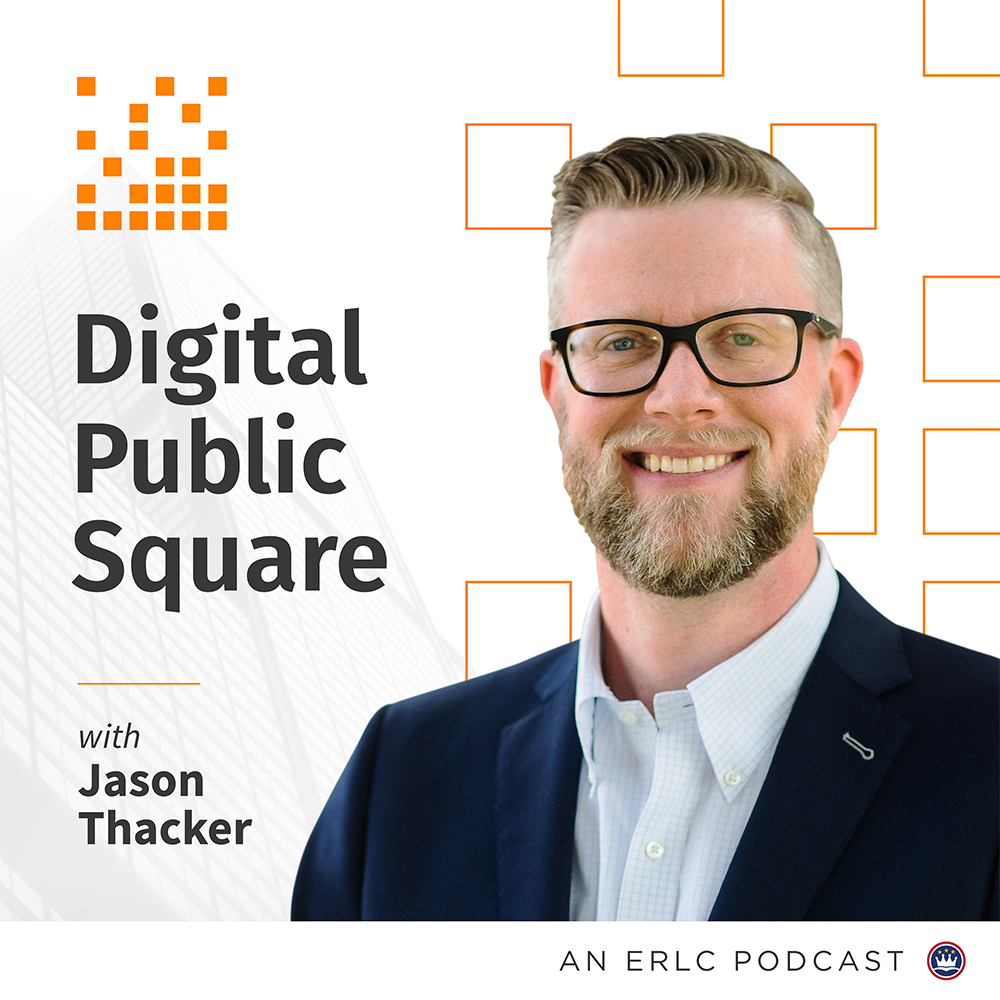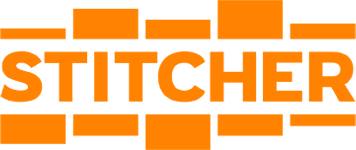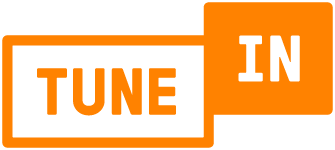On Sunday, the country of Belarus held a national election where President Alexander Lukashenko won in a landslide victory, claiming an implausible 80% of the vote. Over the last few days, the nation has experienced mass protests over the controversial election, and the opposition leader, Svetlana Tikhanovskaya, has fled to neighboring Lithuania for safety. Tikhanovskaya became the opposition candidate after her husband Siarhei Tsikhanousk was jailed by the Lukashenko regime.
Tikhanovskaya gained mass support with younger Belarusians by utilizing the power of social media platforms like Facebook, Twitter, and Youtube to share her message and organize large rallies. In hopes of quelling protests and widespread unrest in the nation, which is especially high given the failure of the regime to slow down the spread of COVID-19, Lukashenko’s regime reportedly shut down the internet, which allows dissidents to connect with each other and the outside world.
The Rundown
New documents show QAnon groups have millions of members on Facebook – NBC News
While Facebook has taken previous measures to regulate white nationalism, misinformation, and other extremist hallmarks of QAnon supporters, the company is expected to follow Twitter’s footsteps in taking harsher action combating the group’s harmful content.
TikTok announces first wave of creators set to receive payment for their videos – The Verge
While its standing in America is still in question, TikTok announced that initial payouts from its $200 million Creators Fund are set to be made to a select number of viral users. This is the first phase in a project that the company hopes will grow into a $1 billion fund over the next three years
Facial Recognition Start-Up Mounts a First Amendment Defense – The Verge
Clearview AI is arguing that its actions are protected under the First Amendment, claiming that free speech laws protect its right to use and distribute information that has been made publicly available on the internet. The way these cases are ruled will set a crucial precedent for how the relationship between free speech and privacy will be interpreted.
Landmark UK court ruling finds police use of facial recognition unlawful – Reuters
A lower court had initially ruled that the agency’s use of surveillance was lawful, but Tuesday’s overriding decision cited concerns that the force was given little to no limitation on how the technology could be used.

Digital Public Square Podcast with Jason Thacker
Conversations on theology, ethics, and philosophy in the public square


